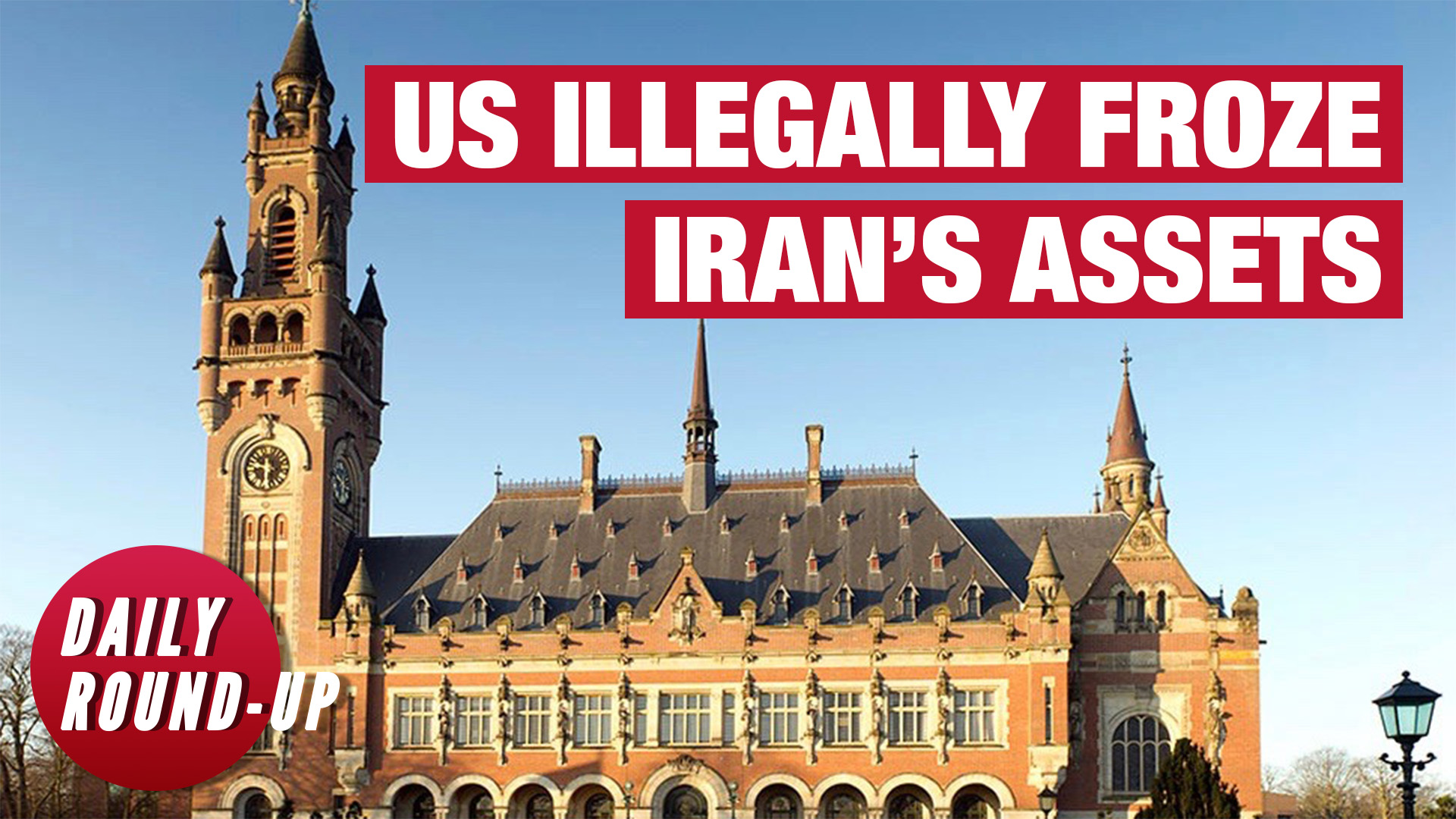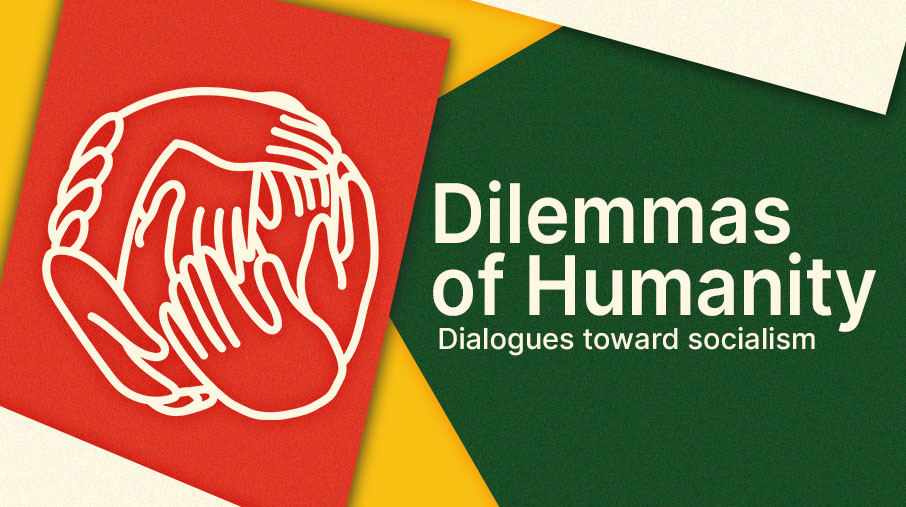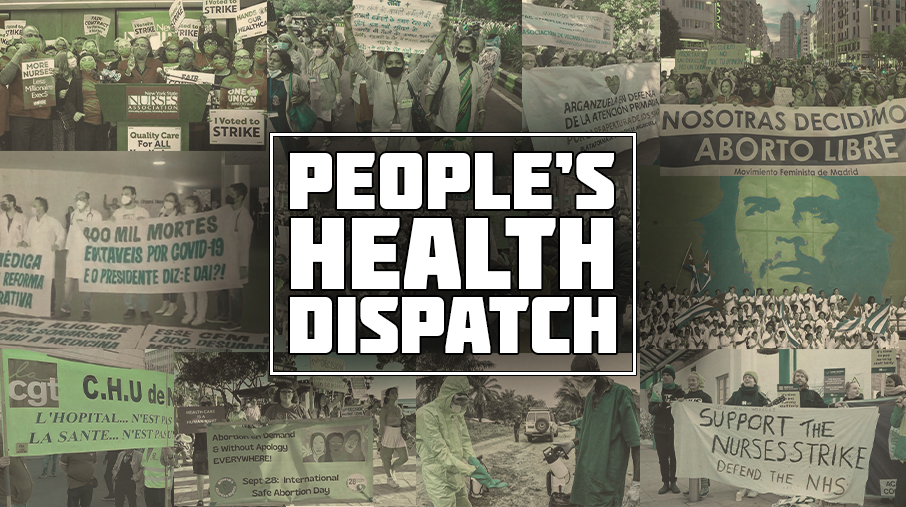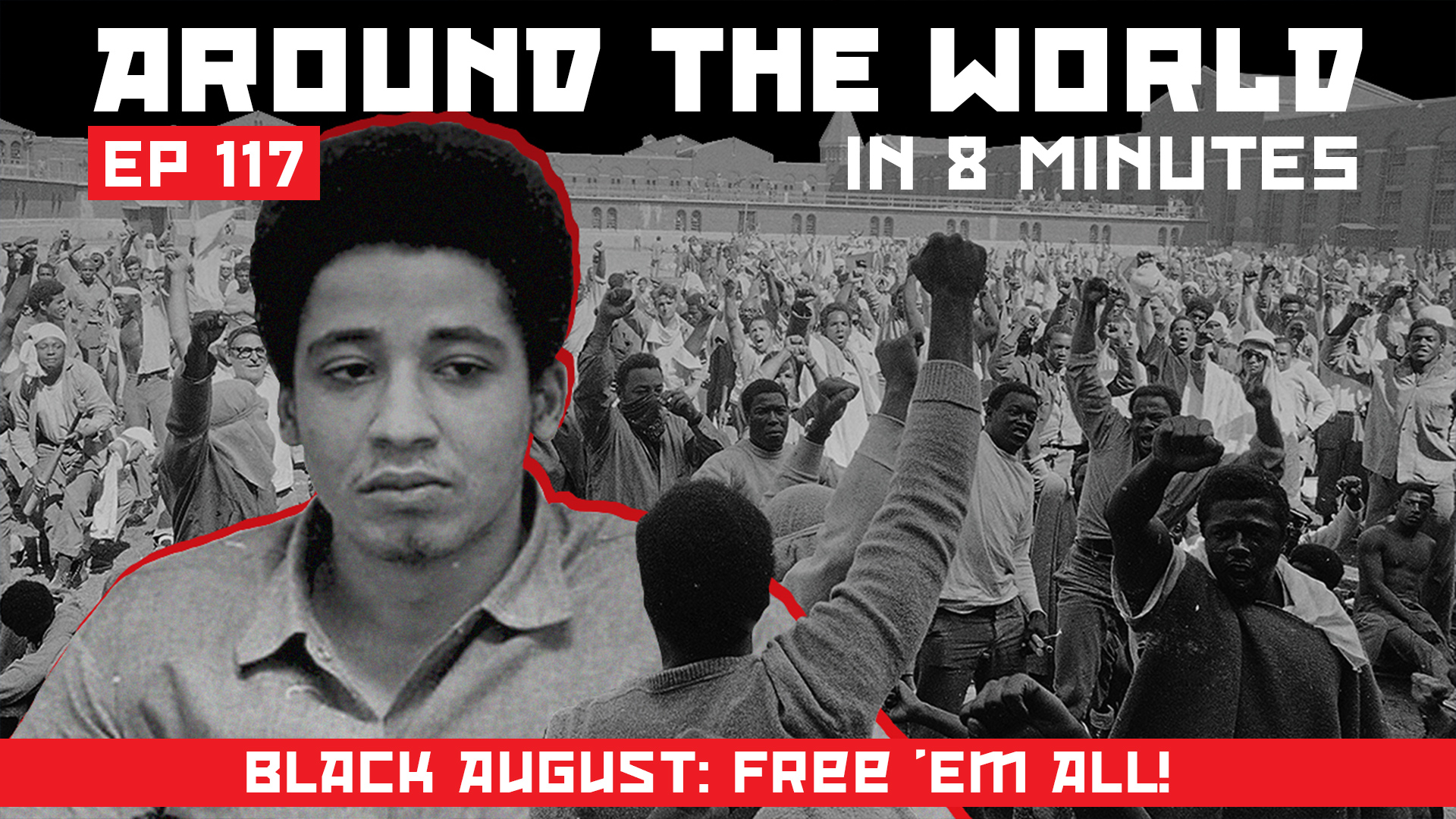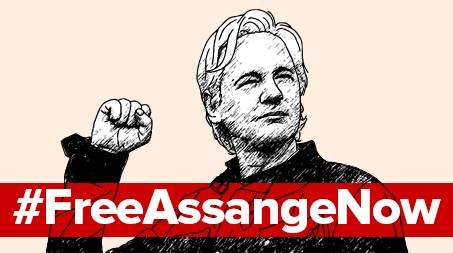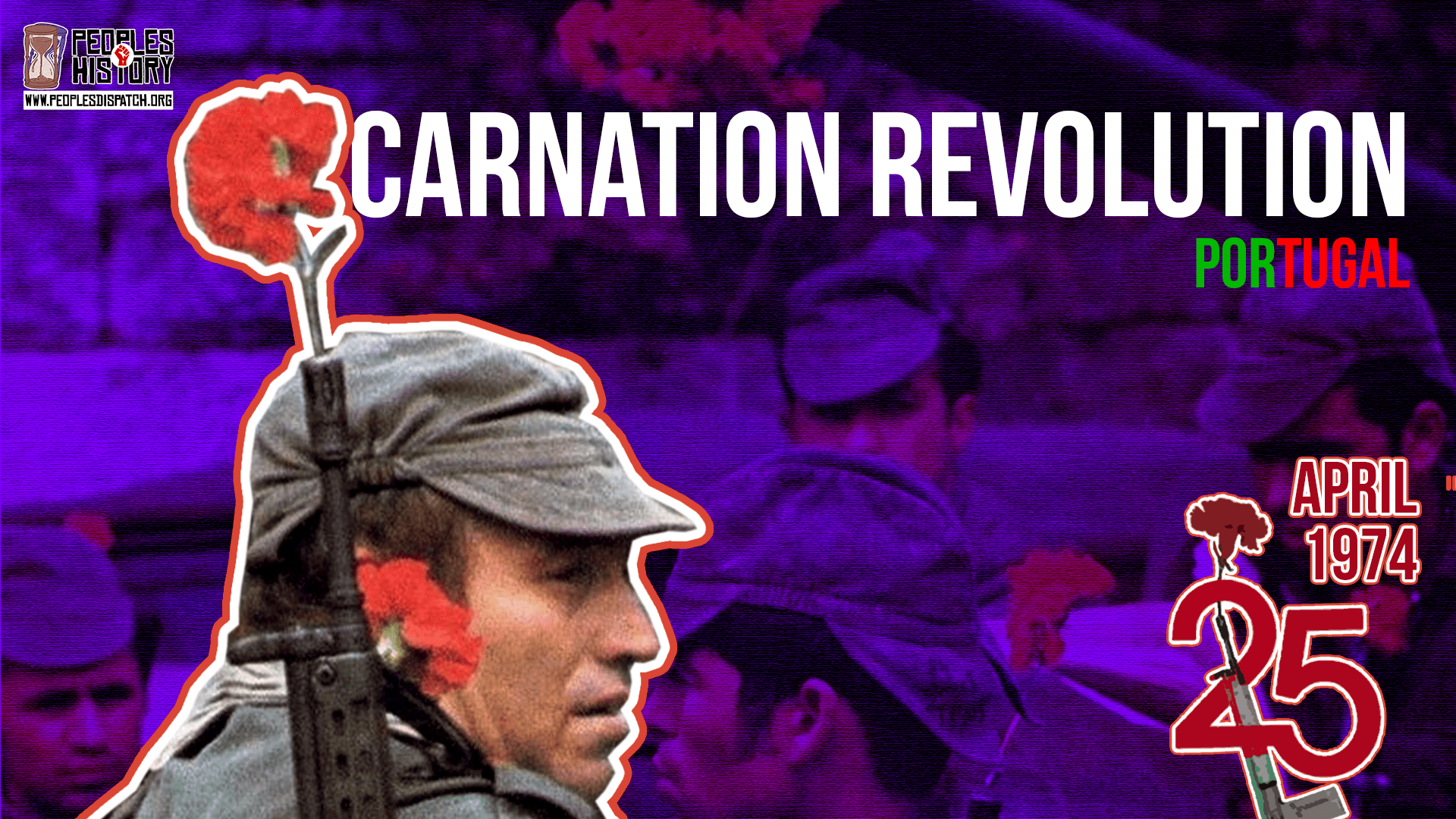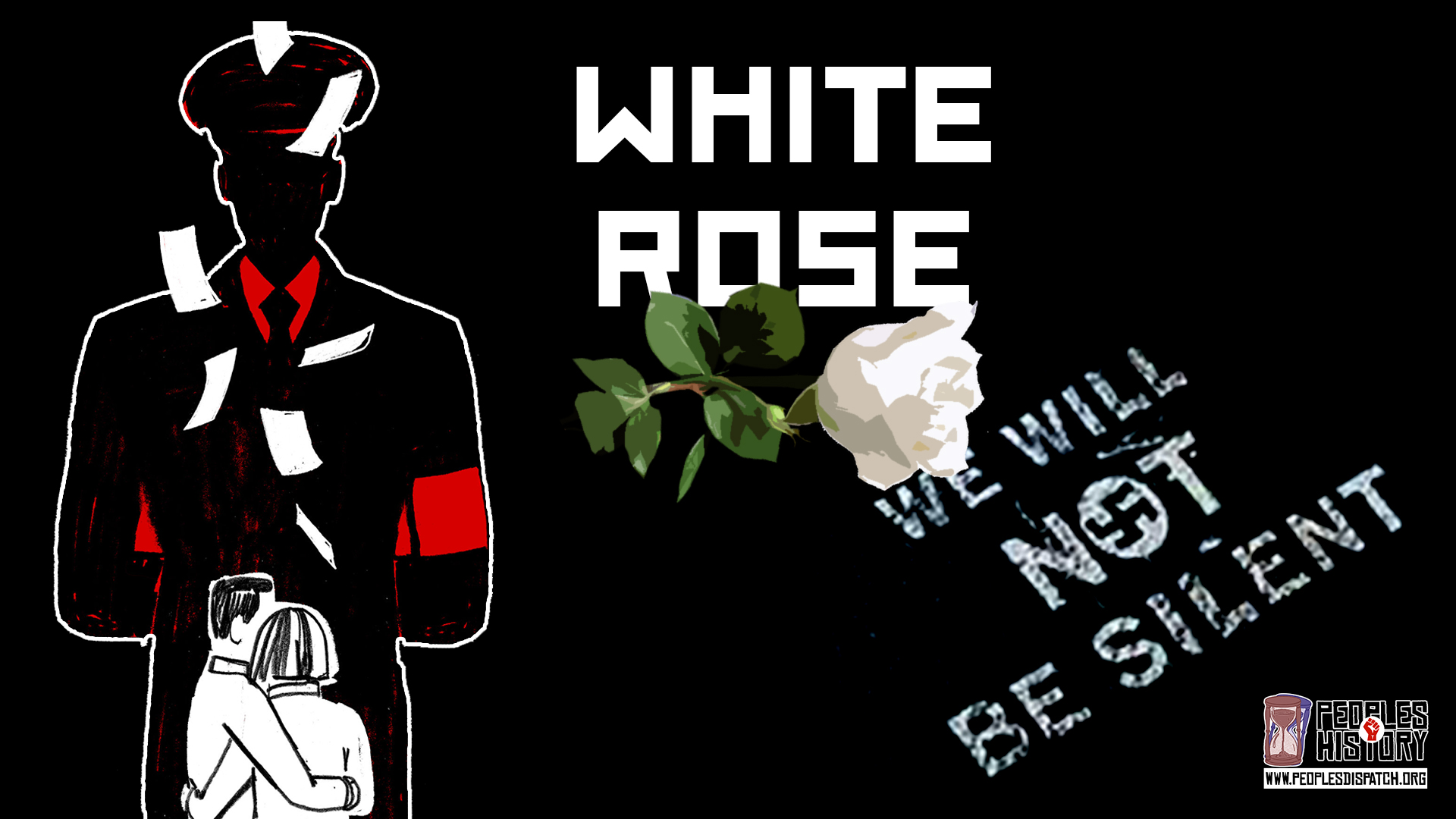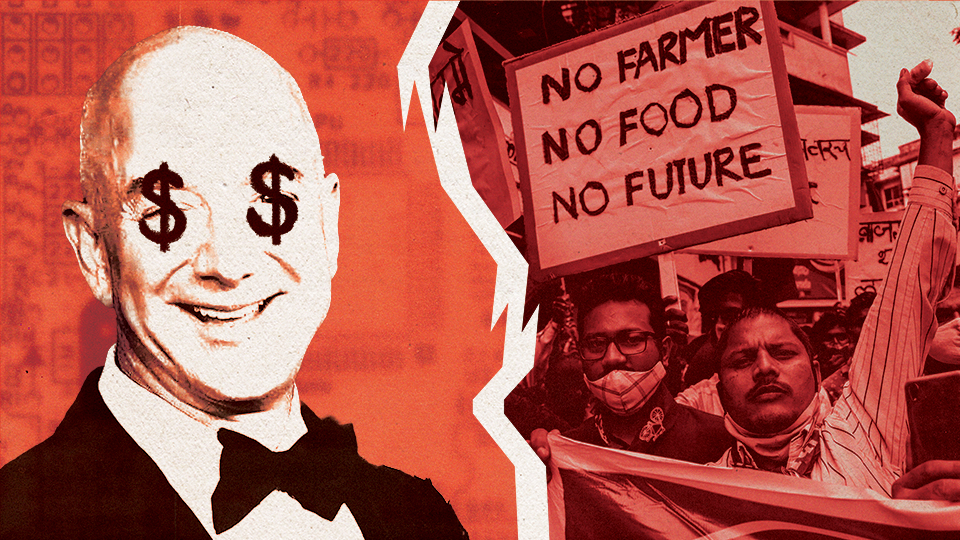 The rich get richer while global poverty deepens in “decade of division”
The rich get richer while global poverty deepens in “decade of division”
Wealth accumulation by the rich has risen to the point that the world could see its first trillionaire within a decade. Meanwhile, it will take more than 200 years to end global poverty, a report by Oxfam International has found.
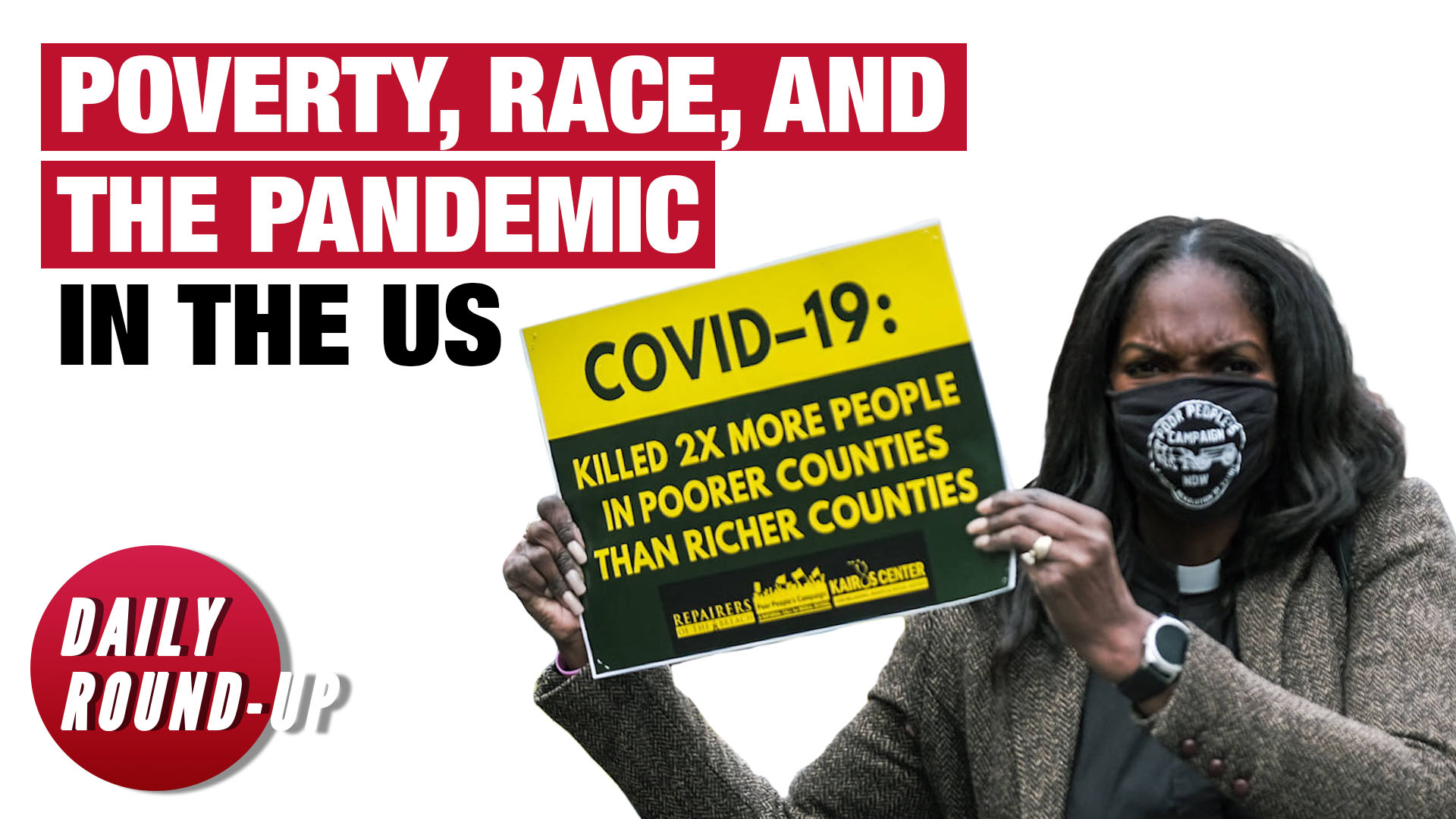 Report: poor and marginalized especially hit by US COVID-19 death toll and other stories
Report: poor and marginalized especially hit by US COVID-19 death toll and other stories
Today we look at a report on COVID-19’s impact on existing disparities in the US, a hunger strike by imprisoned Egyptian activist Alaa Abd el-Fattah, and more
 Thousands rally for labour protections, public services in South Korea and other stories
Thousands rally for labour protections, public services in South Korea and other stories
Today we look at the 2022 People’s Rally against inequality in South Korea, the killing of 23 year old Ashling Murphy in Ireland, and more
 What united us was empathy: Community organizations help tackle hunger in Argentina
What united us was empathy: Community organizations help tackle hunger in Argentina
The pandemic brought with it more inequality and injustice. Grassroots movements responded with solidarity and organization and food for those who were struggling
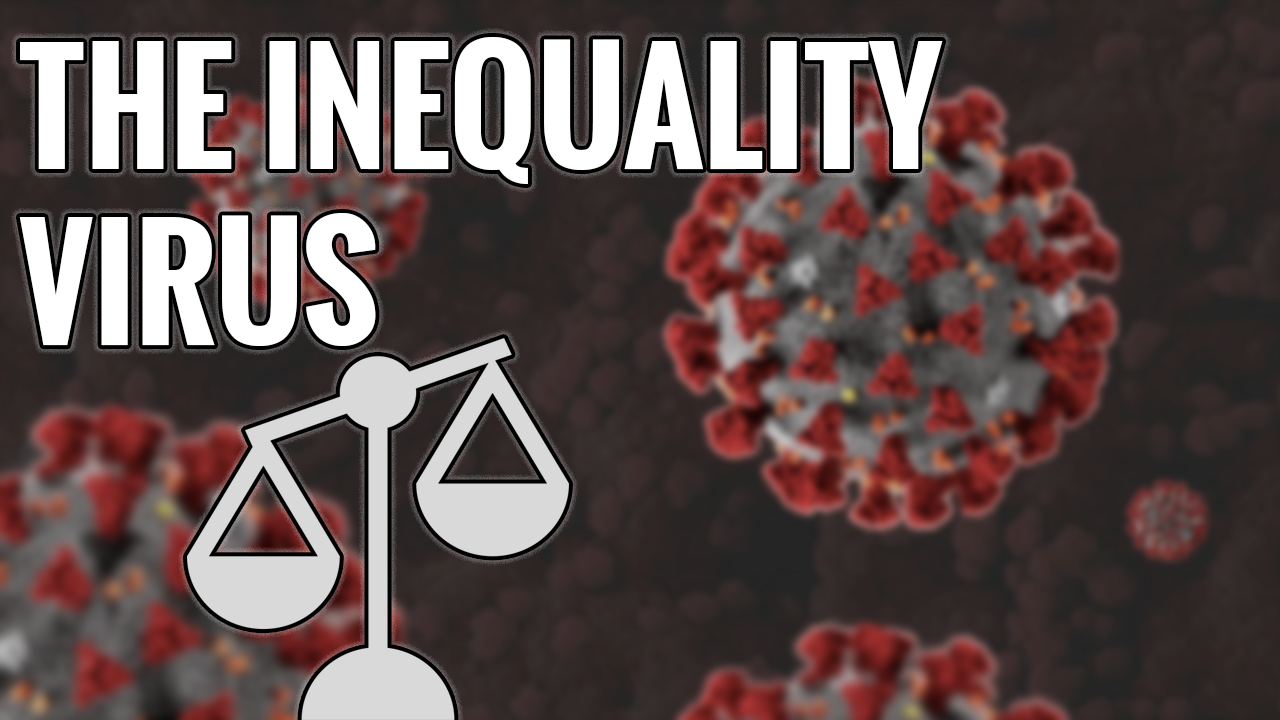 World’s richest have recovered from COVID crisis, poorest will take a decade more
World’s richest have recovered from COVID crisis, poorest will take a decade more
Oxfam’s latest report says it took just nine months for the top 1,000 billionaires’ fortunes to return to their prepandemic highs, but for the world’s poorest people recovery could take 14 times longer
 The rising wealth of billionaires even amid a pandemic
The rising wealth of billionaires even amid a pandemic
It is inevitable under capitalism that every human tragedy which unleashes a crisis in this system becomes an occasion for an increase in wealth concentration, writes Prabhat Patnaik
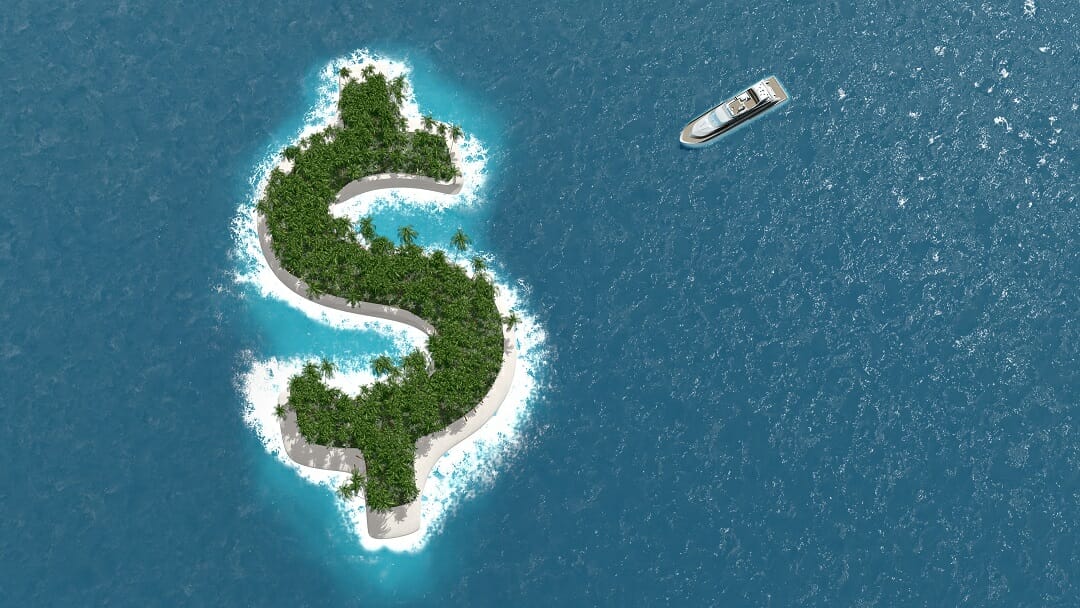 Taxing large fortunes, a tool of social justice
Taxing large fortunes, a tool of social justice
Many countries who have seen their economies hit hard by the COVID-19 pandemic are considering levying a tax on large fortunes to help their struggling economies
 Poor People’s Campaign: Building people’s power amongst the poor in the United States
Poor People’s Campaign: Building people’s power amongst the poor in the United States
Shailly Gupta Barnes, campaign manager of the Poor People’s Campaign, talked to Peoples Dispatch about the rising inequality in the United States and the organizing and mobilizing activities being carried out by them to fight against this.


